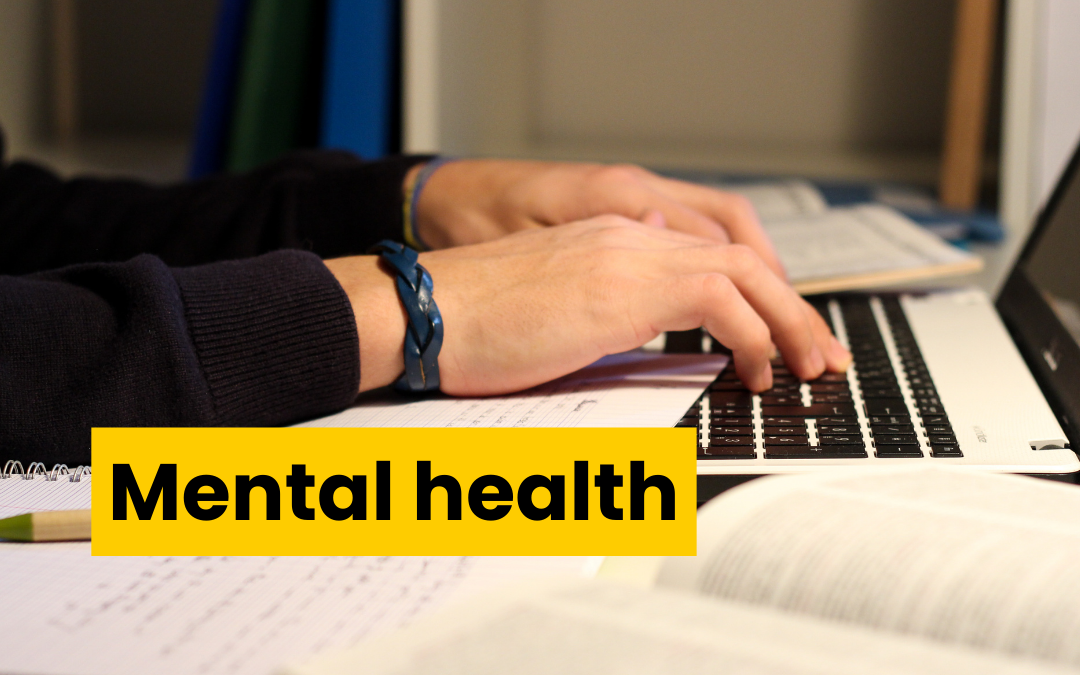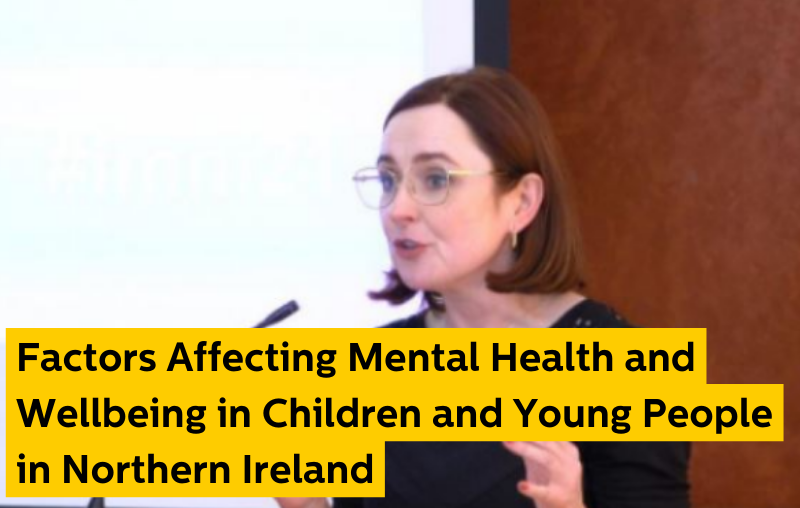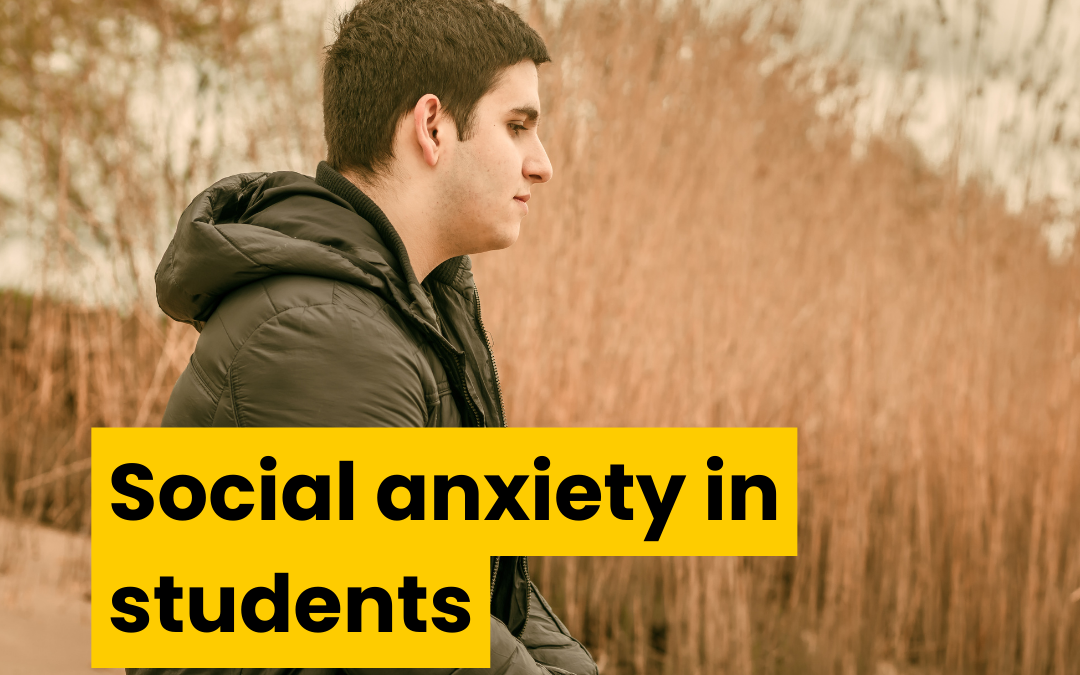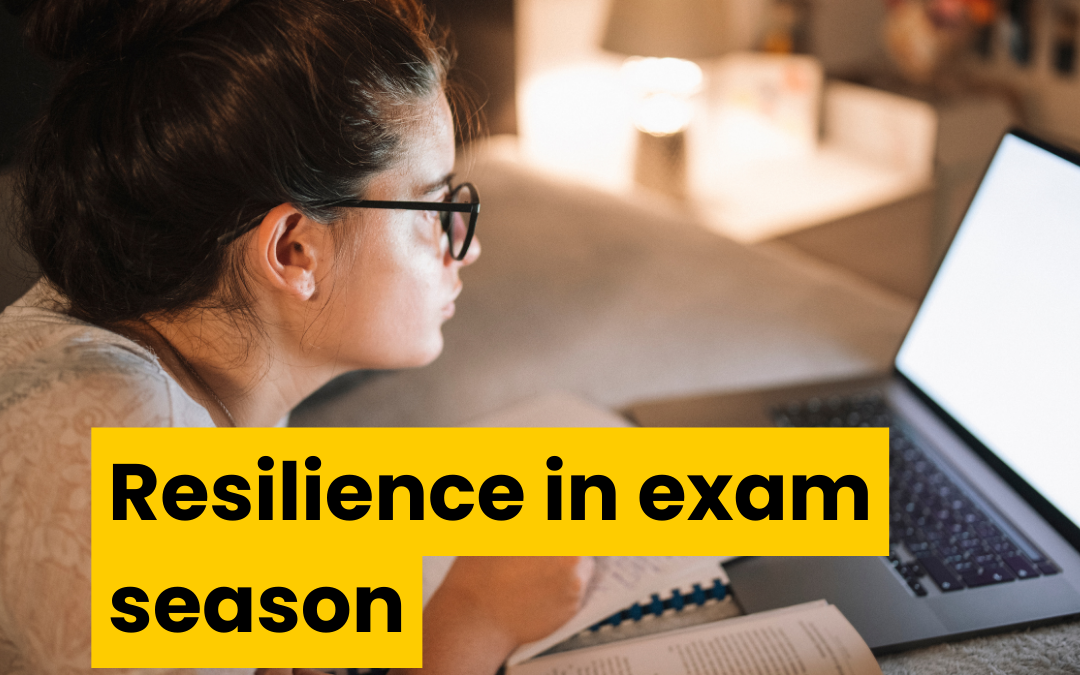Gavin Megaw, Assistant Director of Inspire’s professional services explains why the stepped care model is so central to our way of working.
Stepped Care is a clinically proven model for delivering mental health and wellbeing support that focuses on ensuring the most appropriate and effective support is offered first, with people “stepping up” to more intensive support as required.
At its heart is the belief that a person in distress should never be under or over treated.
Stepped care for psychological injuries
It’s sometimes easier to think about stepped care in regards to physical healthcare than to mental healthcare.
If a child in your care fell off a bike and grazed their knee, what would you do?
- Would you phone a doctor?
- Would you call for an ambulance?
- Would you tell them to get back on the bike and stop crying?
Chances are, you’d take a look at the injury, assess the damage and make a call based on the results of this assessment.
And that’s exactly what the stepped care model does for psychological injuries. Its goal is to ensure a person receives the most appropriate treatment for their injury and to allow for continual reassessment as the person’s needs change.
The model used in healthcare settings has 5 steps ranging from prevention and promotion through to specialist crisis, in-patient services.
Stepped care at Inspire
At Inspire we use the stepped care model to develop recovery for people who use all our services. The model ensures we deliver care to meet the individual needs of all our customers from the business owner to the person living in supported housing.
It’s a way of making sure that people get the support they need, when they need it and with the most efficient use of resources.
When someone at your workplace ‘falls off their bike’ our expert team will assess their needs and decide on the most effective course of treatment to help that person recover. And if it seems like the problem is with the bike, or the track and not the rider, our specialist mental health interventions can help your organisation deal with that.
For workplace customers, Inspire’s stepped care model means
- you can be confident that clinical best practice is at the heart of all our services
- you know your people’s shifting needs can be met by one expert provider
- we can provide specialist mental health services for people experiencing more serious psychological distress
- your HR and staff team have access to expert guidance to help them service your mental health and wellbeing needs
Inspire’s stepped care services
Inspire’s background in mental health services means we deliver expert services in steps 1, 2 and 3 of the model, including specialist mental health interventions.
Inspire’s step 1 services
Our step 1 services focus on promoting mental health and keeping everyone in your organisation well. They are the building block for wellbeing within an organisation and include
- Digital resources, tools and self-help programmes to aid recovery
- Training and awareness raising to promote mental health and wellbeing
- Promotion of healthy lifestyles and coping skills like resilience and mindfulness
Inspire’s step 2 services
Our step 2 services provide solution-focused help and support when it’s needed. They include
- An employee assistance programme
- Brief solution-focused therapy
- Financial and legal advice
- Dispute resolution and conflict management
- Group support sessions
Inspire’s step 3 services
Our step 3 services are specialist mental health interventions to support people with complex and changing needs who are dealing with moderate to severe mental health conditions. They include
- Critical incident support management
- Group based supervision and support
- Eye movement desensitisation and reprocessing therapy
- Trauma-focused cognitive behavioural therapy (CBT)
- Psychotherapy
Contact the team to find out more about our services.
More from our blog
Student Wellbeing This Christmas
For lots of students, the arrival of the winter holidays is a welcome opportunity to take a break from their studies, socialise with friends and enjoy the company of family. However, not everyone looks forward to the festive season – it isn’t a time of celebration for everyone. Some of…
Mental Health Champion Report on Wellbeing in Young People
The Office of the Mental Health Champion has published a new report, Factors Affecting Mental Health and Wellbeing in Children and Young People in Northern Ireland. The research shows that 45.2% of 16-year-olds meet the criteria for mental ill health. It also reveals that the wellbeing of 11-year-olds has declined in recent years…
Managing Stress on Exam Results Day
Exam results day is stressful for everyone, whether you sat the exams yourself or care about someone who did. It’s normal to feel upset, disappointed and anxious if you didn’t get the results you hoped for. Know where to get help if you’re feeling overwhelmed. Dealing with results anxiety Don’t…
Social anxiety in students
Social phobia, or social anxiety, is a persistent anxiety associated with social or performance situations.
Curbing your social media habit
Social media can be a great way to stay in touch with people - but it's a massive time thief and it can interfere with your ability to get things done.
Building friendships at college
Making new friends is an amazing part of your college and university experience. But building real friendships takes work.
Results and grades
Exam results day is stressful for everyone. Don't be disillusioned if you don't get the results you'd hoped for. You've still got options.
Resilience in exam season
Even if you are well prepared for exams and assessments they can be stressors. Resilience is the process of adapting well in the face of adversity or significant sources of stress
Beating the holiday blues
Summer can be an amazing time of the year. But a change in routine and separation from friends can sometimes make you feel like a dark cloud
Taking the first step
A simple way to move yourself forward when feeling 'stuck' from Inspire's leading mindfulness practitioner, Frank Liddy.











